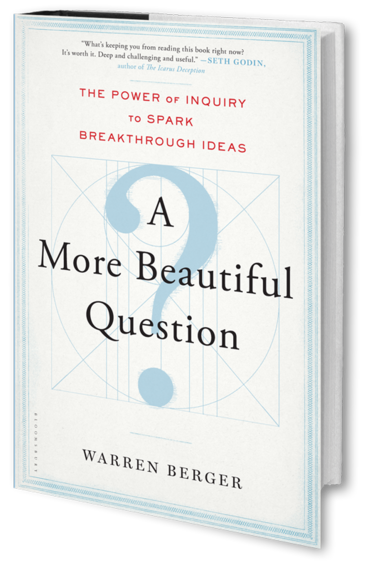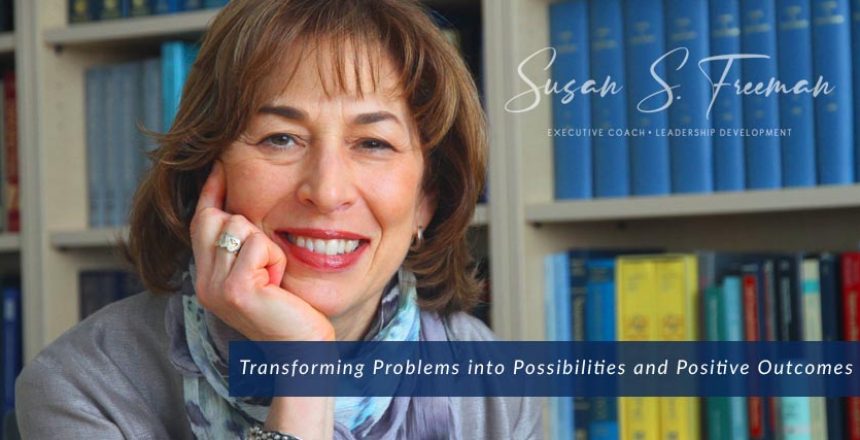 This week’s Step Up Tip comes from Leading Blog. It builds upon the Step Up Now foundational principle of curiosity. We coach our leaders to develop the capacity to be curious, and to engage through questions, the hallmark of the coaching leadership style.
This week’s Step Up Tip comes from Leading Blog. It builds upon the Step Up Now foundational principle of curiosity. We coach our leaders to develop the capacity to be curious, and to engage through questions, the hallmark of the coaching leadership style.
“If our questions are so unimaginative and predictable that Google can guess what we’re asking before we’re even three words in”, says Warren Berger, “then we aren’t asking the right questions.”
“It’s the questions Google cannot easily anticipate or even answer that we should be asking. Asking the right questions helps us figure out what matters, where opportunity lies, and how to achieve our goals.”
We are drowning in answers. What we need today are good questions. In times of great change, doubt is the norm, so good questions, not answers, have the edge. John Seely Brown says, “If you don’t have a disposition to question, you’re going to fear change. But if you’re comfortable questioning, experimenting, connecting things—then change is something that becomes an adventure. And if you can see it as an adventure then you’re off and running.”
In A More Beautiful Question, Berger shows how the most powerful forces for igniting change is the question. Example after example demonstrate how often off-beat “why” questions were at the foundation of many innovations. But he cautions, “Just asking why without taking any action may be the source of stimulating thought or conversation, but it is not likely to produce change.” He suggests the following sequence: Why? What If? and How? It brings some order to an otherwise chaotic an unpredictable process.
We must even question the questions.
Neurologist Robert Burton says we should step back and inquire, “Why did I come up with that question? Every time you come up with a question, you should be wondering, “What are the underlying assumptions of that question? Is there a different question I should be asking?”
Finding that one big beautiful question for you is not easy. It is a process—a way of looking at life. “You don’t have to be a recognized expert; you just have to be willing to say, I’m going to venture forth in the word with my question and see what I find. As you do this, you’re in a strong position to build ideas and attract support.
Because, whereas people are more likely to ignore or challenge you when you come at them with answers, they almost can’t resist advising or helping you to answer a great question.


